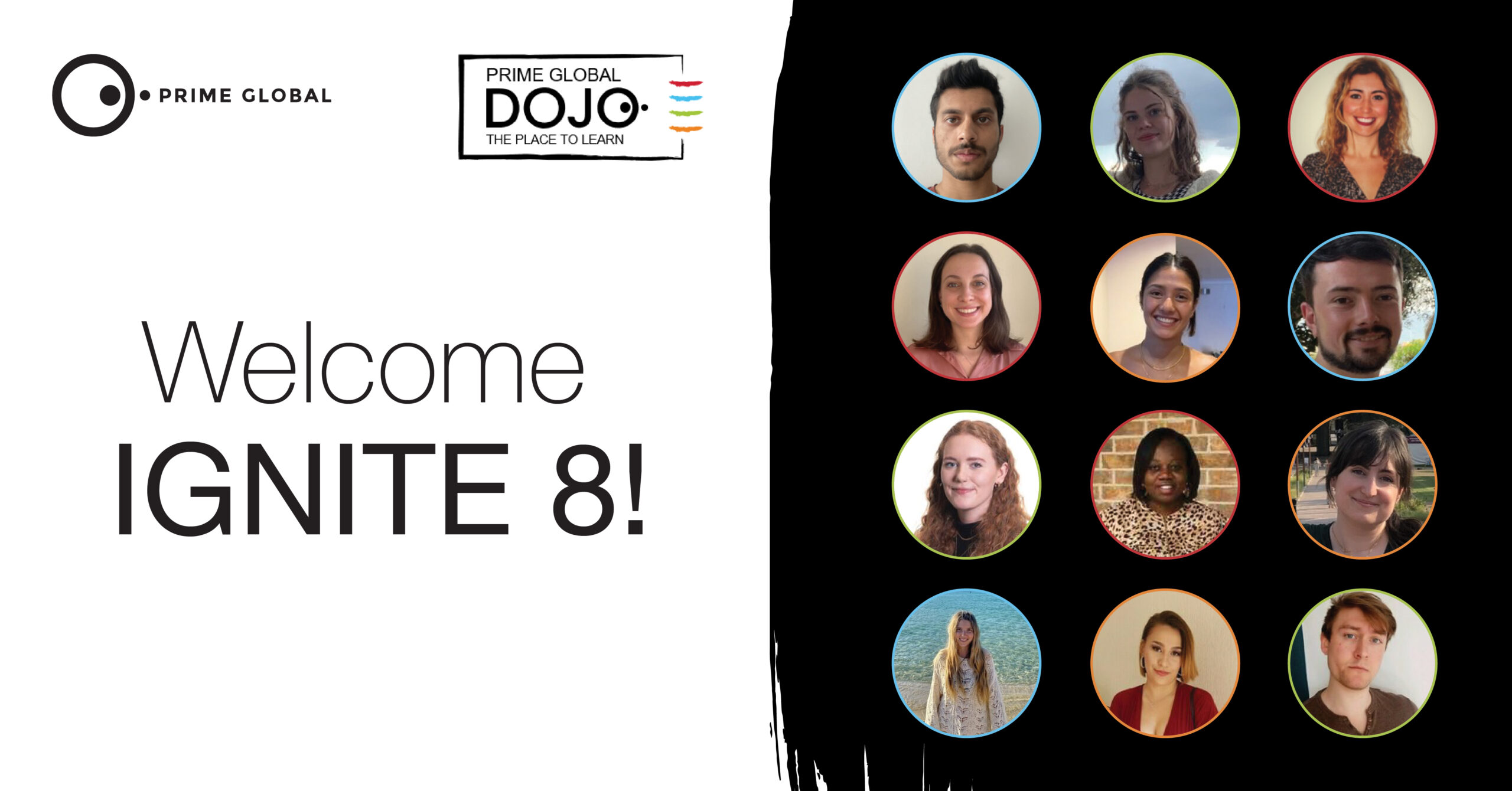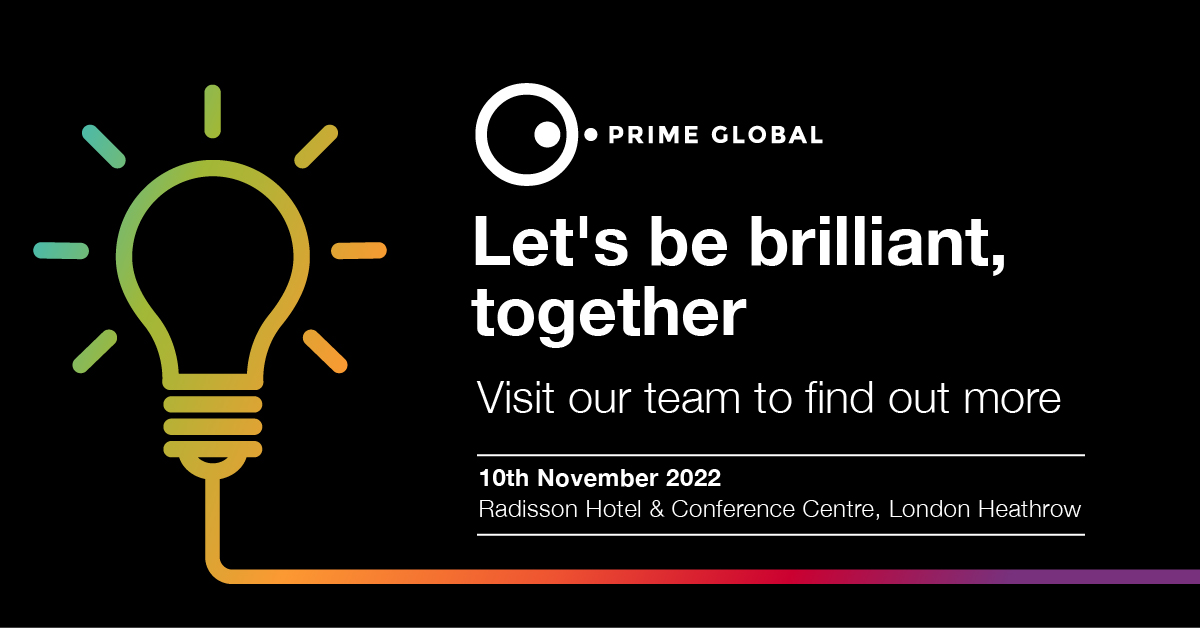In recognition of both Health Literacy Month and Breast Cancer Awareness Month, we’re looking at the unmet treatment education needs of people living with breast cancer who experience low health literacy.
Health literacy refers to a person’s ability to understand and use information to make decisions about their health, (1) which tends to be low in the general population, including in people living with breast cancer. (2-6) Evidence suggests that patients with low health literacy don’t have the knowledge they need to engage with healthcare. (3, 7) Furthermore, these patients tend to experience more regret in medical decision-making (e.g. regarding treatment) and poorer health-related quality of life than people with high health literacy. Low health literacy is also linked to lack of adherence to treatment, higher healthcare costs, and increased risk of hospitalisation and mortality. (8, 9)
Upon breast cancer diagnosis, patients face critical treatment decisions. Such decisions can be made more difficult if treatment options are not presented clearly and patients are not given the tools to understand the associated benefits and risks. (10) Despite the importance of communicating such vital information in an accessible manner, material directed at breast cancer patients often fails to consider those with a low level of health literacy. (8) This compromises the effectiveness of such resources; decision aids that do not specifically target people with low health literacy levels often have poor success in improving knowledge and informed decision-making. (11, 12) Evidently, patient-facing resources should be tailored to the different health literacy levels seen among patients. Ensuring readability, utilisation of media other than text alone, and testing with target groups are just some of the possible strategies for ensuring treatment information is accessible to people with low health literacy. (11, 13)
A key component of engaging patients with health literacy-boosting educational materials is ensuring that such resources are culturally appropriate, as previous experiences and beliefs may shape how individuals interact with these materials. (14) A good example comes from Eli Lilly, who collaborated with science and health resource company Lifeology to create flashcard courses about clinical trials and early breast cancer aimed at Black women. (15) This was a particularly relevant project, as Black cisgender women are at disproportionate risk of low health literacy, which can compromise their ability to access and understand breast-cancer related information. (6, 16, 17) Furthermore, this population is more likely to develop breast cancer before 45 years old and has higher death rates than white women, possibly due to genetic and societal factors (e.g. difficulty accessing healthcare). (18, 19)
This initiative from Eli Lilly and Lifeology is a key example of the increasing efforts to tailor content to populations who might experience low levels of health literacy.(12, 20-22) However, in order to effectively empower women living with breast cancer, initiatives should go further and involve patients directly in the development of educational resources, rather than solely including the target population as end-users. (11) This way, the likelihood that such initiatives are impactful, appropriate, and relevant can be significantly enhanced.
Key takeaway: Despite the importance of communicating vital treatment information in an accessible manner, such material directed at breast cancer patients often fails to consider those with a low level of health literacy. While efforts have been made to address health literacy in people living with breast cancer, Pharma can do more to embrace patients as partners and optimise the impact of such initiatives.
- Prime Patient is a specialist consultancy delivering strategic patient engagement solutions to achieve a triple win for patients, Pharma, and society. For more information, get in touch via PatientEngagement@primeglobalpeople.com.
References
- NHS. Health literacy. 2022. Available from: https://service-manual.nhs.uk.
- Rakhshkhorshid M, Navaee M, Nouri N, Safarzaii F. The Association of Health Literacy with Breast Cancer Knowledge, Perception and Screening Behavior. Eur J Breast Health. 2018;14(3):144-7.
- Gunn CM, Paasche-Orlow MK, Bak S, Wang N, Pamphile J, Nelson K, et al. Health Literacy, Language, and Cancer-Related Needs in the First 6 Months After a Breast Cancer Diagnosis. JCO Oncology Practice. 2020;16(8):e741-e50.
- Halbach SM, Enders A, Kowalski C, Pförtner T-K, Pfaff H, Wesselmann S, et al. Health literacy and fear of cancer progression in elderly women newly diagnosed with breast cancer—A longitudinal analysis. Patient Education and Counseling. 2016;99(5):855-62.
- Sørensen K, Van den Broucke S, Fullam J, Doyle G, Pelikan J, Slonska Z, et al. Health literacy and public health: a systematic review and integration of definitions and models. BMC Public Health. 2012;12:80.
- Economist Intelligence U. Health literacy around the world: policy approaches to wellbeing through knowledge and empowerment. 2021.
- Koay K, Schofield P, Jefford M. Importance of health literacy in oncology. Asia Pac J Clin Oncol. 2012;8(1):14-23.
- King A. Poor health literacy: a ‘hidden’ risk factor. Nature Reviews Cardiology. 2010;7(9):473-4.
- Walters R, Leslie SJ, Polson R, Cusack T, Gorely T. Establishing the efficacy of interventions to improve health literacy and health behaviours: a systematic review. BMC Public Health. 2020;20(1):1040.
- Livaudais JC, Franco R, Fei K, Bickell NA. Breast cancer treatment decision-making: are we asking too much of patients? J Gen Intern Med. 2013;28(5):630-6.
- Muscat DM, Smith J, Mac O, Cadet T, Giguere A, Housten AJ, et al. Addressing Health Literacy in Patient Decision Aids: An Update from the International Patient Decision Aid Standards. Medical Decision Making. 2021;41(7):848-69.
- Peate M, Smith SK, Pye V, Hucker A, Stern C, Stafford L, et al. Assessing the usefulness and acceptability of a low health literacy online decision aid about reproductive choices for younger women with breast cancer: the aLLIAnCE pilot study protocol. Pilot and Feasibility Studies. 2017;3(1):31.
- Hoppe IC. Readability of Patient Information Regarding Breast Cancer Prevention from the Web site of the National Cancer Institute. Journal of Cancer Education. 2010;25(4):490-2.
- von Wagner C, Semmler C, Good A, Wardle J. Health literacy and self-efficacy for participating in colorectal cancer screening: The role of information processing. Patient Educ Couns. 2009;75(3):352-7.
- Klahr Coey S. Eli Lilly taps health resource company for clinical trial crash course aimed at improving diversity: Fierce Pharma; 2021. Available from: https://www.fiercepharma.com/marketing/lilly-joins-health-resource-to-reach-diverse-communities-to-drive-clinical-trials.
- Mwanri L, Gesesew H, Lee V, Hiruy K, Udah H, Kwedza R, et al. Health Literacy Environment of Breast and Cervical Cancer among Black African Women Globally: A Systematic Review Protocol of Mixed Methods. Int J Environ Res Public Health. 2020;17(9).
- Freedman RA, Kouri EM, West DW, Keating NL. Racial/ethnic disparities in knowledge about one’s breast cancer characteristics. Cancer. 2015;121(5):724-32.
- Yedjou CG, Sims JN, Miele L, Noubissi F, Lowe L, Fonseca DD, et al. Health and Racial Disparity in Breast Cancer. Adv Exp Med Biol. 2019;1152:31-49.
- Rust C, Davis C. Health Literacy and Medication Adherence in Underserved African-American Breast Cancer Survivors: A Qualitative Study. Social Work in Health Care. 2011;50(9):739-61.
- Rudd RE. Health Literacy Considerations for a New Cancer Prevention Initiative. The Gerontologist. 2019;59(Supplement_1):S7-S16.
- van der Giessen JAM, Ausems M, van Riel E, de Jong A, Fransen MP, van Dulmen S. Development of a plain-language guide for discussing breast cancer genetic counseling and testing with patients with limited health literacy. Support Care Cancer. 2021;29(6):2895-905.
- Gunn CM, Maschke A, Paasche-Orlow MK, Housten AJ, Kressin NR, Schonberg MA, et al. Using Mixed Methods With Multiple Stakeholders to Inform Development of a Breast Cancer Screening Decision Aid for Women With Limited Health Literacy. MDM Policy Pract. 2021;6(2):23814683211033249.




